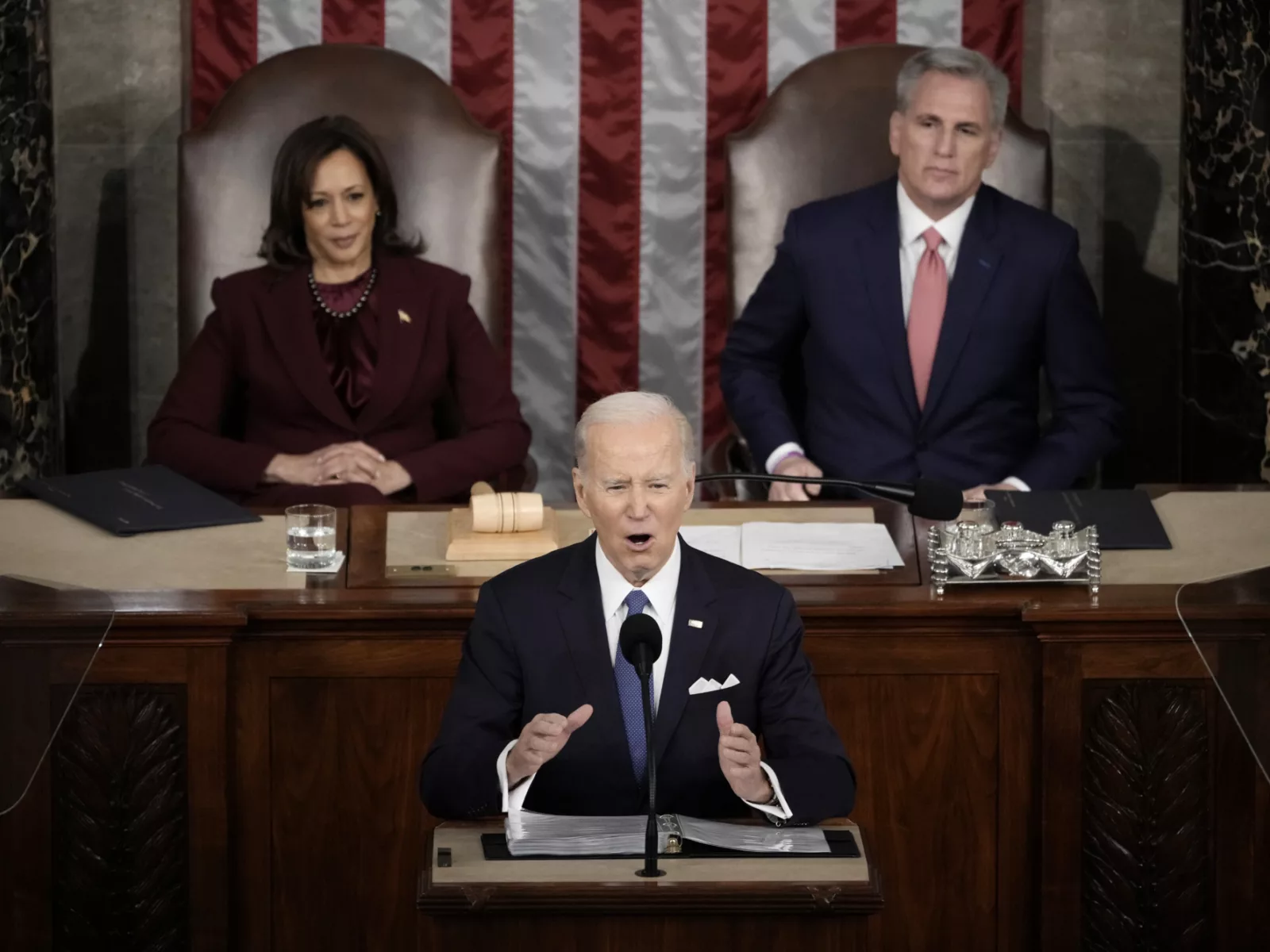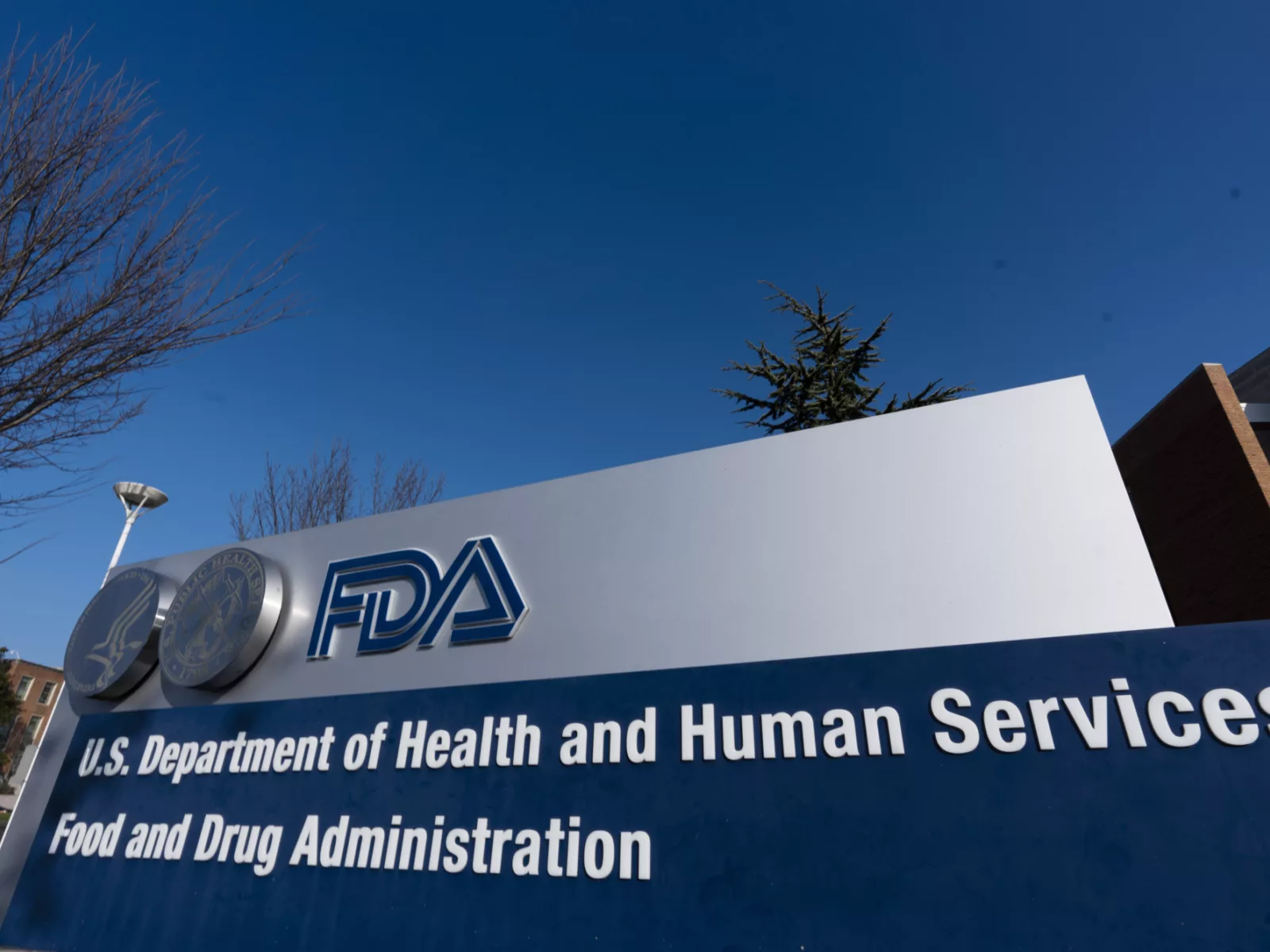With Americans appealing for affordable prescription drugs and big pharma lobbying heavily to deflect any attempt to regulate prices, nonprofit pharmaceutical companies have emerged in recent years as a possible solution to lower costs, expand access, and save money.
But this nascent sector of the health care industry has found itself hamstrung in ways its for-profit competitors are not.
Free from shareholders’ demands for higher profits, nonprofit pharmaceutical companies like Civica Rx, a generic drug manufacturer founded in part by Arnold Ventures, are able to focus on producing and distributing low-cost drugs that are often ignored by for-profit companies, creating a pipeline for cheaper, more accessible prescriptions.
But the playing field for nonprofit versus for-profit pharmaceutical companies is far from level, according to a new analysis out this week from Waxman Strategies, a mission-driven consulting firm founded by former Congressman Henry Waxman, author of the eponymous drug price reduction law, the Hatch-Waxman Act.
Waxman’s latest white paper, funded by Arnold Ventures, found that while nonprofit drug companies have great promise, their sustainability is threatened by five key challenges:
- Tax code. Because of their unique mission and funding sources, nonprofit pharmaceutical companies lack a suitable tax-exempt status that accurately reflects the work they need to do to commercialize drugs.
- Investment. It’s expensive to bring drugs to market, but nonprofit companies do not have access to the same investment avenues that for-profit companies use to help raise capital to fuel research and development.
- Certain rules and regulations. For example, the country’s chief pharmaceutical regulator, the U.S. Food and Drug Administration, imposes user fees on all drug manufacturers regardless of their mission, tax status, or sales revenue, which can hinder nonprofit growth and development.
- Supply chain. The existing supply chain and distribution network for drugs favors high-priced drugs, preventing the effective distribution of drugs produced by the nonprofit sector at lower prices.
- Reimbursement policies. Medicare and Medicaid program reimbursement policies can conflict with nonprofits’ mission to offer lower cost drugs in select markets.
In addition to outlining challenges plaguing the nonprofit pharmaceutical sector, the white paper also offers potential policy solutions to address the disparities and foster a more equitable market, ranging from establishing a new tax-exempt designation to establishing new financial incentives — such as grants or low-interest loans — to make nonprofit pharmaceutical models more attractive.
In a statement, Henry Waxman, who has long advocated for lowering drug prices, said that Congress should start exploring new approaches to better help nonprofit pharmaceutical companies survive and thrive.
“The public is reacting strongly that we’ve got to do something about the high price of drugs,” he said in a statement. “But what neither the house nor Congress has looked at is the potential for nonprofit pharmaceutical companies — which of course are not interested in making a profit but making drugs that are affordable and accessible for those who need it.”
Read the full white paper here.




















